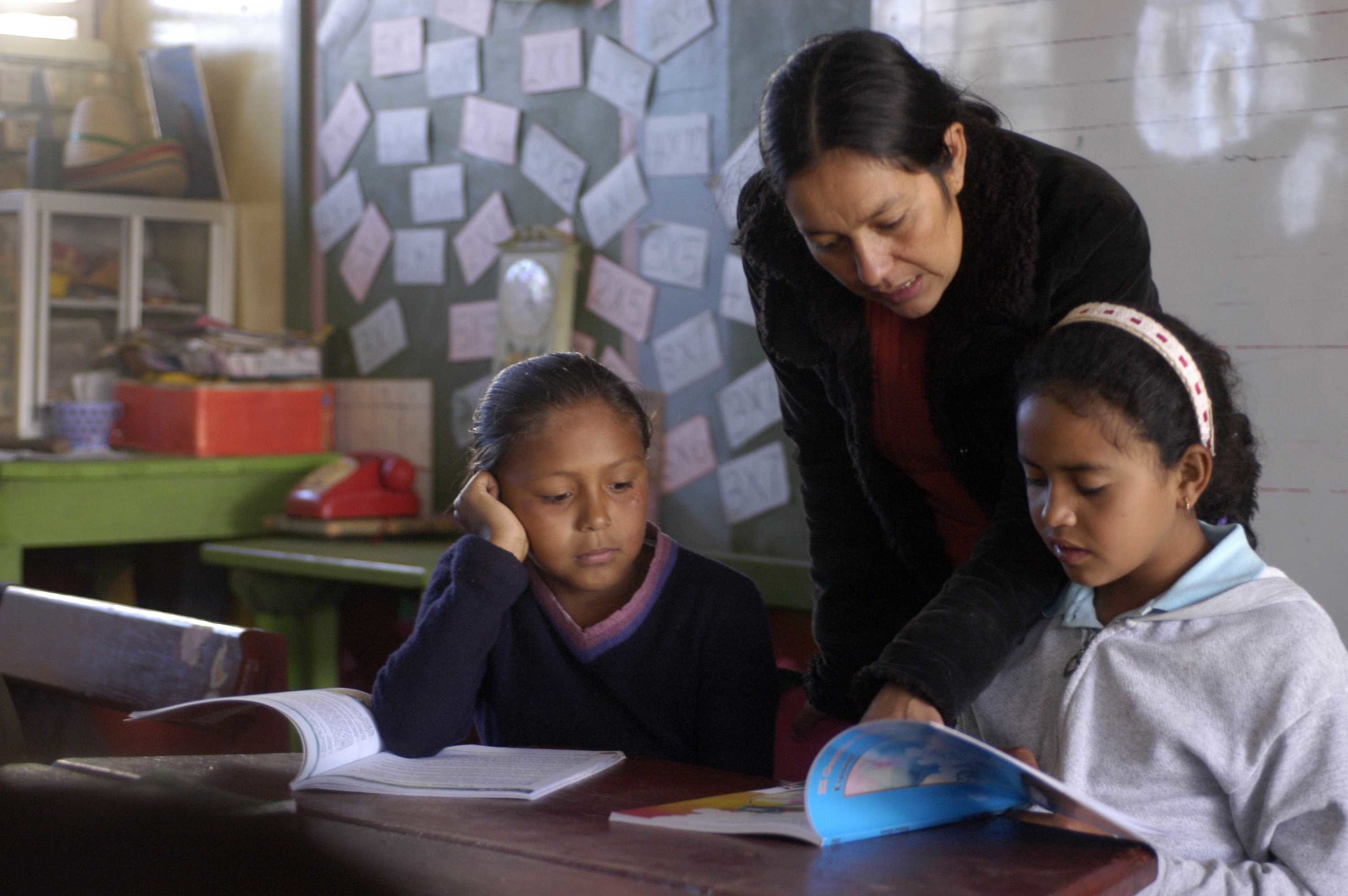
In the context of its extension until 2027, the Global Partnership for Education (GPE) Knowledge and Innovation Exchange (KIX), a joint endeavour with Canada’s International Development Research Centre (IDRC), is offering costed extensions to a selection of current applied research projects. Following a competitive process, the Adapting and scaling peer tutoring for teachers and school leaders for equitable rural education is one of those selected.
Background
Honduras and Nicaragua have education systems that are plagued by striking inequalities, leading to issues of access, inclusion, and achievement. Local and regional studies have attributed these system-level inequalities to the poor professional development of teachers and a lack of capacity for school leaders to implement innovative approaches in their schools. For rural areas in these countries, factors such as gender inequality, violence, and lack of resources compound as complex challenges for local principals, teachers, and school leaders to overcome.
This project has adapted and scaled the Peer Tutoring of the Americas (Tutoría en Pares de América) program, drawing on global research that highlights the cost-effectiveness of peer tutoring programs. After detailed stakeholder mapping, the program was tested in 40 schools across both countries with a focus on improving teacher professional training processes, leadership competencies for innovation, and achieving significant learning for students. This has built a robust evidence base to support scaling the innovation across the country, in close collaboration with national stakeholders and education leaders.
Results to date
The research demonstrated a significant shift in teachers' attitudes towards professional development programs. Teachers now recognise teaching as a continuous learning process that must adapt to the needs of each student. This change has led to transformational improvements in curriculum and pedagogy, with teachers placing greater emphasis on tutoring spaces as sites for knowledge generation and contextualisation. As a result, students in implementing schools have shown increased confidence and excitement for learning, which is particularly important in areas with low schooling retention rates. The project has also developed collaborative knowledge-sharing platforms and toolkits to help policymakers engage with the possibilities of peer tutoring approaches. Results have been shared at various local forums and national education meetings, and through local news channels and talk shows.
Upcoming Plans
The extension will expand the peer tutoring program in Honduras, in collaboration with national government officials. The General Directorate of Professional Development has expressed interest in implementing the peer tutoring model across the country's rural schools, which are often only served by one or two teachers. By establishing a framework for peer tutoring, the workload can be shared, allowing for a wider reach of educational materials and improved learning outcomes. Additionally, the project will train 30 itinerant teachers who will be travelling across rural regions to provide support. With the government's continued interest, the project will also support permanent teacher professional development modules to ensure widespread and sustainable use of the peer tutoring strategy.
Further details on the project and updates can be found here.
